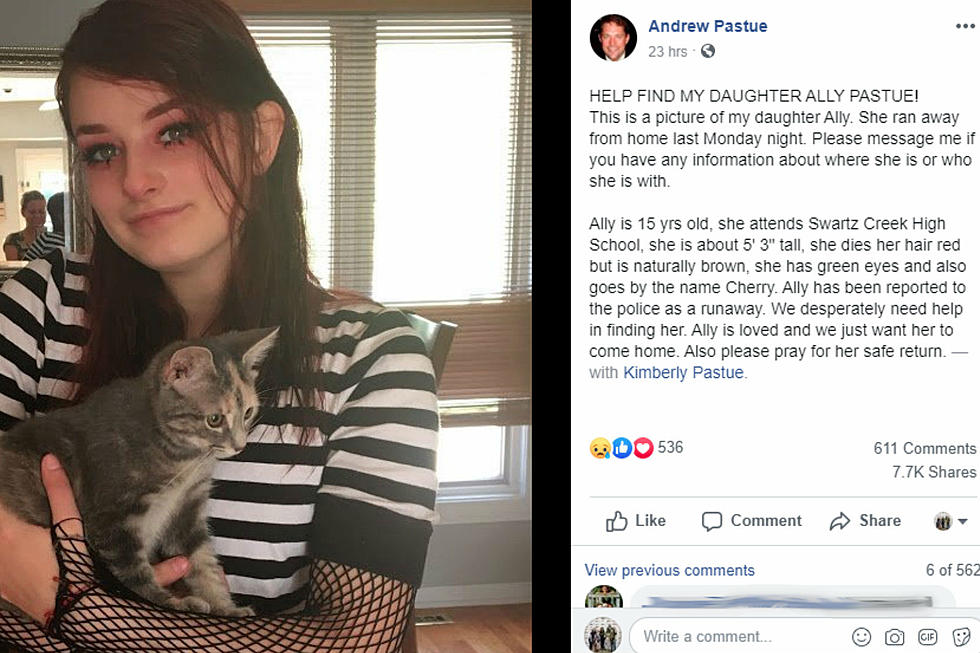
Apparently, I’ve Been Recycling the Wrong Stuff My Entire Life
A new article about the most-common non-recyclables that end up in the recycling bin has me feeling like a real idiot.
All these years I assumed that all cardboard, plastic, glass, and metal were recyclable. I grew up watching 'Captain Planet,' and thought that I was doing my part by throwing all of that stuff in the green bin. Well, I'm a big dumb idiot and that's not at all how it works.
I've been slowly learning a lot about recycling in the last few months. In fact, this segment from 'The Daily Show,' particularly the interview with the guy running a recycling center saying "it's better for people not to recycle at all" rather than do it incorrectly blew my mind. I had no idea there were so many issues with our recycling here in the U.S.
Putting that larger issue of what's being done with our recycling out of the equation, a recent article in The Detroit Free Press highlighted an issue I often wonder about -- what are some common things being sent to recycling centers that shouldn't be? Well, the one that made me turn red with embarrassment was soiled pizza boxes. I've probably recycled thousands of those things.
Here is their list of the most common non-recyclables:
- Plastic bags
- Coat hangers
- Junk metal (auto parts, pots and pans, all metal but food and beverage cans)
- Paper towels and tissues
- Wire and electric cords
- Garden hoses and other hoses
- Batteries
- Large plastic junk (toys, garden tools)
- Styrofoam packaging, foam "peanuts"
- Old cassette and VHS tapes
- Pizza boxes (unless free of food and grease)
- Flimsy No. 1 food containers (if it says No. 1 but isn't a water bottle, it's trash)
Another thing I learned from 'The Daily Show' piece was that you have to remove the little plastic collars from water bottles. It seems crazy to me that there's all this crucial information about recycling that is just not common knowledge, but it should be.
If you have any questions about what should and shouldn't be recycled or disposed of in your area, you can usually find that information on your local department of public works' website or on the website of the company is contracted for those services in your area. For example, Flint residents can connect to that info by clicking here. If your area doesn't have a website, I'm sure a good old fashioned phone call would do the trick.
The Detroit Free Press also posted this video, which gives a fascinating look at how a recycling center in Troy works, and you also hear some of the horror stories about what gross stuff shows up on their conveyors. This makes me feel bad and want to do better. We could all do better, really.
More From US 103.1 FM








![Metro Police Help Those With Addictions With Hope Not Handcuffs Program [VIDEO]](http://townsquare.media/site/84/files/2019/04/GettyImages-935964326.jpg?w=980&q=75)
